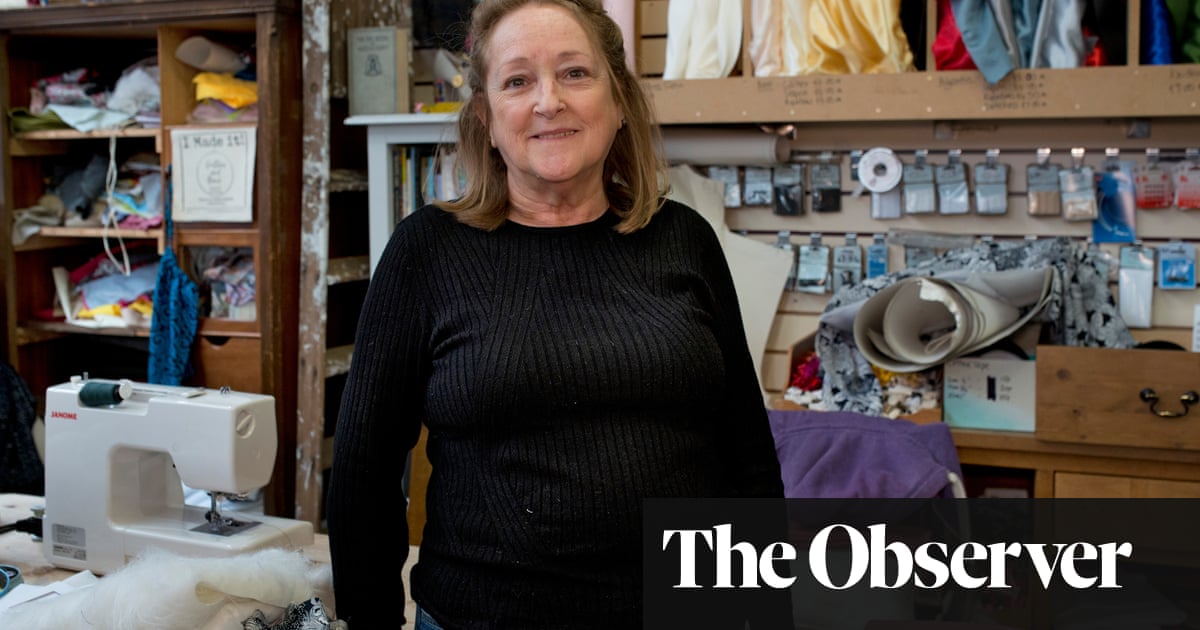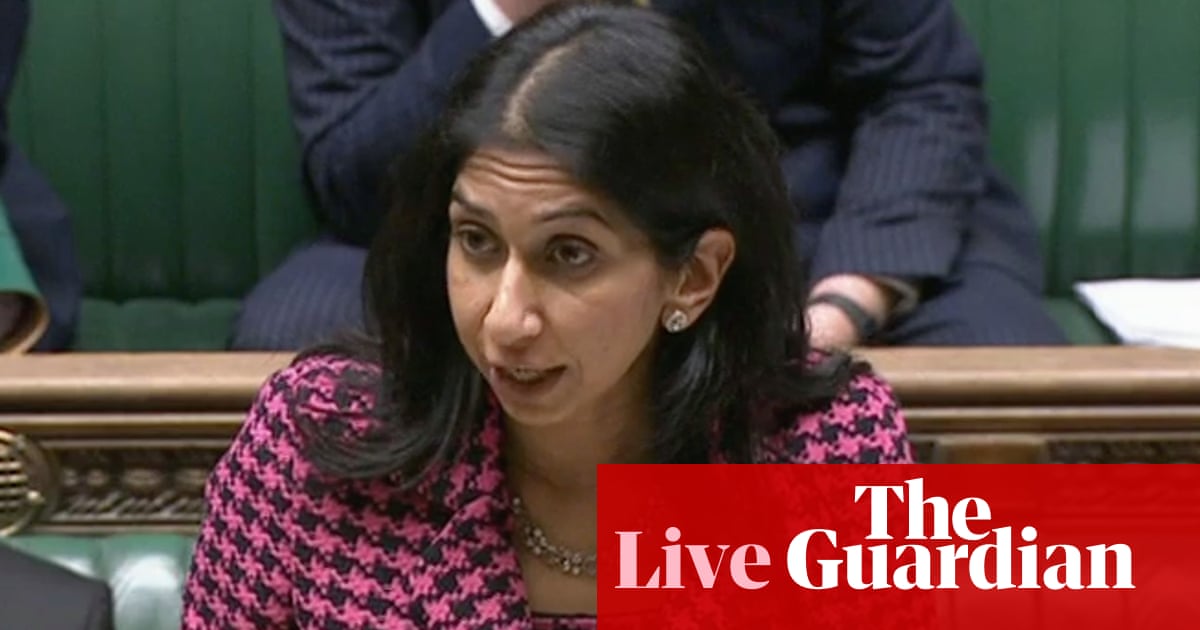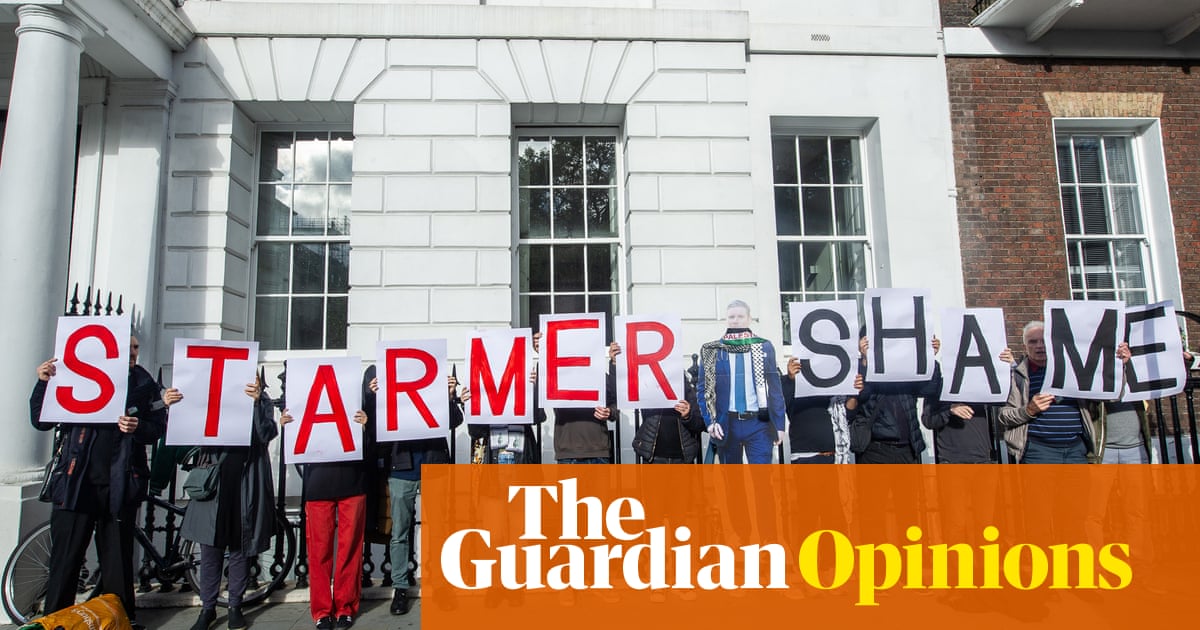
The Formula One driver Lewis Hamilton, the author EM Forster and composer Elizabeth Poston are all featured on Stevenage’s wall of fame along the walkway between the station and town centre. But missing from the Hertfordshire town’s dedication to its famous residents is anyone by the name of “Stevenage Woman”.
However, a Labour thinktank believes that if the party heeds its advice, this mythical archetype – along with 2019’s “Workington Man”, who Labour is trying to win back from the Tories - is the key to regaining power in the next general election.
According to Labour Together, this newly identified group of voters – also referred to as “disillusioned suburbans” in its report, Red Shift – is a full-time working mother of two in her early 40s. The group is not in poverty but battling stagnant wages and cost increases, the report, published today, says.
Disengaged from daily politics, but “by nature a balancer”, the group leans towards social conservatism, is “a little to the left” on the economy and is “comfortable” with immigration, the report adds.
In the last election, Stevenage Woman voted Conservative, but is now twice as likely to back Labour, the report predicts. “She’s not seeking radical or dramatic change, but she is worried about her life today, the state of public services, and life in her town.”
The theory is that if Labour can win over this demographic group it could transform the electoral map.
Stevenage is a bellwether constituency (it has backed the winner every time since its creation in 1983) . But what do its women think of this characterisation? “She’s the Stevenage woman!” said Helen O’Sullivan, 65, pointing to the fabric and haberdashery owner Pamela Waterman, 64, surrounded by rolls of fabric and boxes of buttons at Buttons and Bows in Stevenage Indoor Market.
As a small business owner approaching pension age who describes her life as “pretty good”, in many ways Waterman diverges from the new voter archetype, but she said it might be accurate in others. “I probably didn’t vote in the last election to be truthful,” she said. “And I can see younger people being disinterested in politics per se. But I also think there’s a lot of positives here.”
She does not usually follow politics, other than the issues that affect her business and family, but she will vote in the next election. “We’re in a huge mess at the moment. The country needs some direction.” But she hasn’t yet decided between Labour and Conservative, or made her mind up on Keir Starmer – although she does recall him visiting the market in 2020.
Britain, she said, had become the “laughing stock of Europe and beyond” after the leadership of Boris Johnson and Liz Truss. “Collectively we should be able to pull together and with some good leadership get back to some of what we had.”
O’Sullivan, who is retired, plans to vote Labour as always.
Iza Stuchlik, 40, a bakery owner, said the description of Stevenage Woman was inaccurate, offensive and patronising, with many women in the town earning higher salaries in London. “Stevenage is very varied. You can’t say ‘this is the type of woman that lives here’. That’s very unfair.” But when it comes to politics, she is apathetic. “I don’t feel I have the power,” she said.
Report co-author Josh Simons, director of Labour Together, said the term Stevenage Woman was not intended to represent everyone in the town, but to “focus political attention on towns like Stevenage, which for too long have not got a proper hearing”.
Tanjira Busbui, 45, a nail technician, had not heard of Starmer or the Labour party, but her colleague Kanya Buathong, 45, said he had a better reputation than Boris Johnson or the former health secretary Matt Hancock. “He [Starmer] came in here a couple of years ago in the market and he was quite nice.” Would she vote for him? “Yes.”
Somewhat unfortunately, perhaps, the person Labour has charged with winning Stevenage, which has a population of about 90,000, is in fact a man. Conservative Stephen McPartland has held the seat since 2010 but has announced he will not stand again. Labour’s Kevin Bonavia, 45, moved to the town last year from south-east London, where he was previously a Lewisham councillor.
But sitting in Stevenage town square, overlooked by a constructivist-style Grade II-listed clocktower, Karen Parker, 39, who is unemployed and a lifelong Conservative voter, said there was nothing Labour could say to win her vote.
By her side, Hannah Ayles, also 39, would like to see a Johnson comeback. “He said it how it was.” More help was needed, she added, especially for those on benefits. “I’m signed off and trying to get from pay day to pay day. It doesn’t work.”
Esther Ah Chin Kow, 72, a retired nurse, said she liked the town, but was worried about crime and said elderly people were afraid to go out at night.
While Starmer lacked name recognition with many women the Observer spoke to, the sense of disillusionment referred to in the Labour Together report was rife. “I don’t really follow politics,” said Patience Marty, a clinical support worker who has lived in the town for 15 years. “I just buy my daily bread, go to work, go home.”












